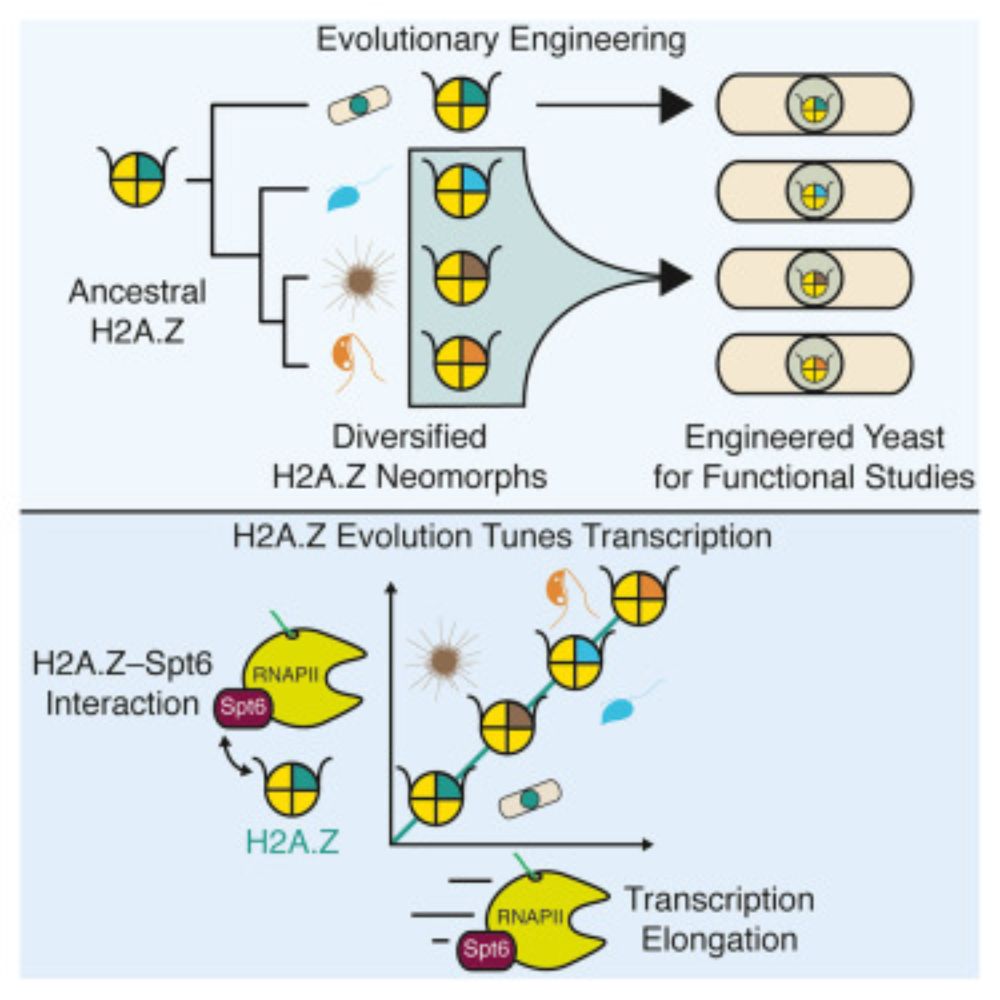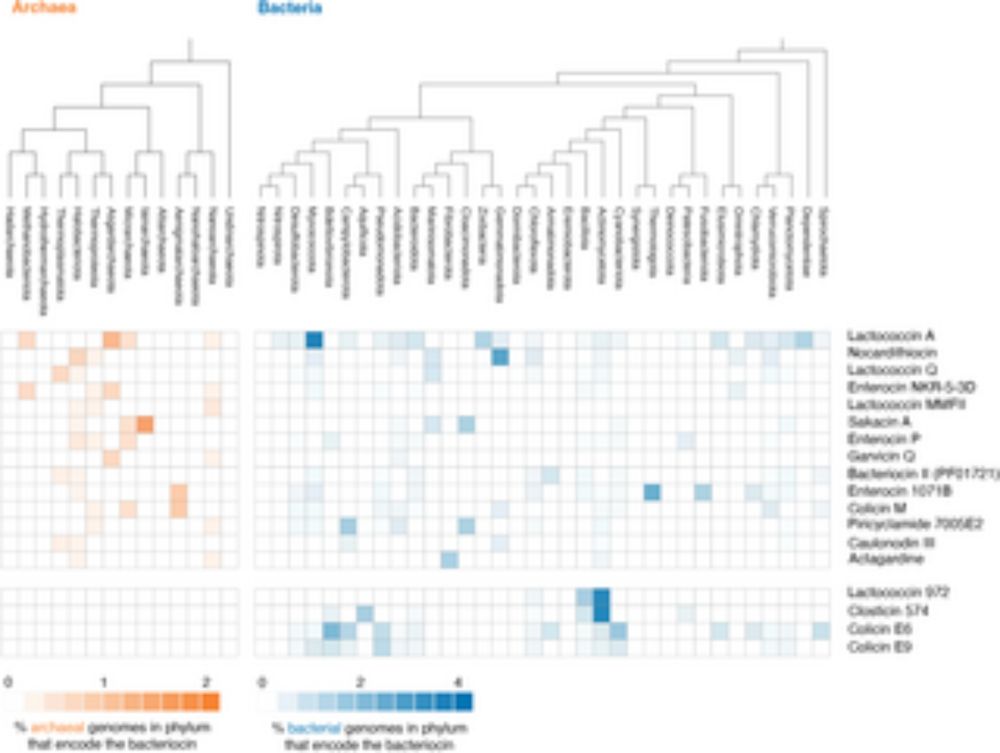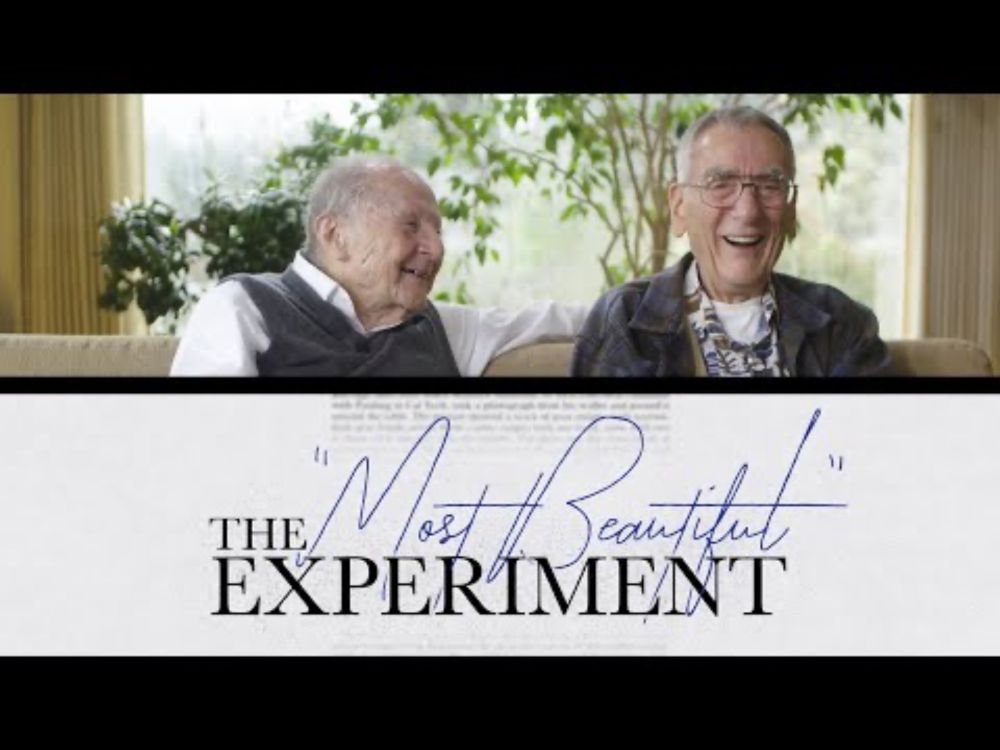Antoine Hocher
@ahocher.bsky.social
1.2K followers
86 following
22 posts
Group Leader, Molecular mimicry / chromatin evolution / engineering
Department of Genetics, University of Cambridge. Wellcome Trust CDA fellow
https://www.gen.cam.ac.uk/research/research-groups/hocher-group
Posts
Media
Videos
Starter Packs
Reposted by Antoine Hocher
Reposted by Antoine Hocher
Reposted by Antoine Hocher
Reposted by Antoine Hocher
Reposted by Antoine Hocher
Reposted by Antoine Hocher
Reposted by Antoine Hocher
Romain Strock
@romainstrock.bsky.social
· Aug 15

Archaea produce peptidoglycan hydrolases that kill bacteria
Archaea regularly interact with bacteria but reports of archaea killing bacteria are very rare. This study shows that many archaea encode peptidoglycan hydrolases, which specifically target bacterial ...
journals.plos.org
Antoine Hocher
@ahocher.bsky.social
· Aug 15
Antoine Hocher
@ahocher.bsky.social
· Aug 7
Reposted by Antoine Hocher
Zach Harvey
@zhharvey.bsky.social
· Jul 31

The histone core domain evolves at single-residue resolution to directly orchestrate transcription
Nucleosomes are thought to be structural barriers to transcription, establishing a restrictive ground state that must be destabilized for gene express…
www.sciencedirect.com
Reposted by Antoine Hocher
Reposted by Antoine Hocher
Joaquina Delas
@joadelas.bsky.social
· Jul 21
Reposted by Antoine Hocher
Antoine Hocher
@ahocher.bsky.social
· Jul 7
Reposted by Antoine Hocher
Asaf Levy
@asaflevylab.bsky.social
· Jul 2

Functional amyloid proteins confer defence against predatory bacteria - Nature
Escherichia coli uses curli fibres, oligomers of the functional amyloid CsgA, as a barrier to protect against the predatory bacteria Bdellovibrio bacteriovorus and Myxococcus xanthus in a mechanism th...
www.nature.com
Reposted by Antoine Hocher
Alex Cagan
@atjcagan.bsky.social
· Jun 27

Advancing cancer research via comparative oncology - Nature Reviews Cancer
Comparative oncology combines evolutionary biology, ecology, veterinary medicine and clinical oncology to better understand cancer, for example, by identifying the molecular and cellular mechanisms un...
doi.org
Reposted by Antoine Hocher
















